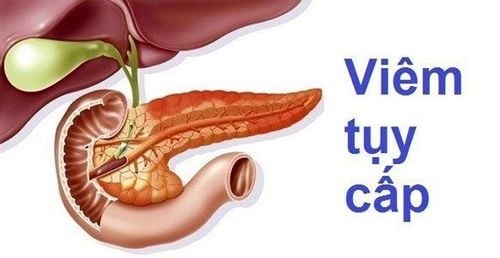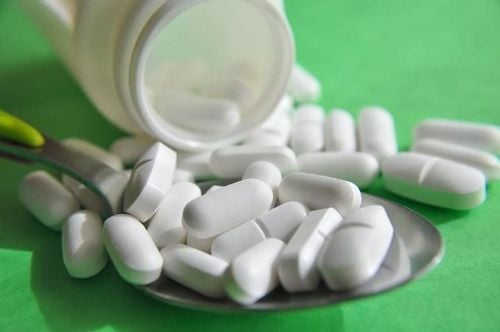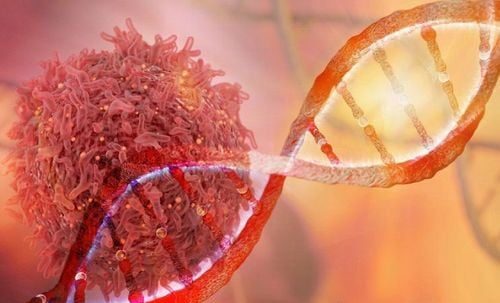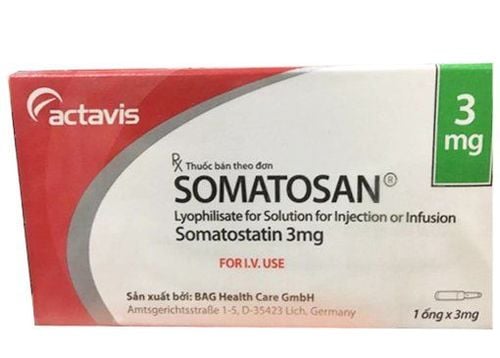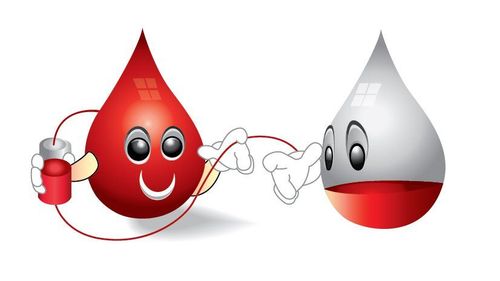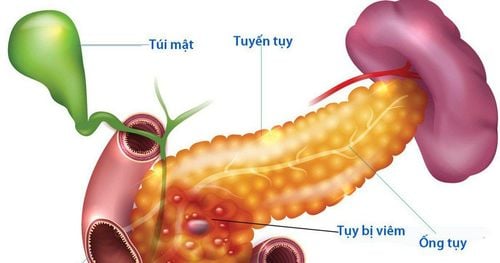This is an automatically translated article.
The article was written by Doctor Nguyen Ngoc Phuong Nam - Emergency Medicine Doctor, Vinmec Central Park International General Hospital.Plasma exchange is a treatment that removes a portion of plasma from a patient's blood and replaces it with a similar amount of plasma. The blood is taken out through a filter system, where a quantity of plasma is removed and replaced with a corresponding amount of plasma or albumin and then the blood is returned to the body.
1. In which diseases is plasma exchange indicated?
Pathology due to abnormal autoimmune system: Thrombocytopenic purpura (TTP). Immune paralysis: Myasthenia gravis, Guillain-Barré syndrome. In particular, acute pancreatitis due to hypertriglyceridemia, responds very well to plasma exchange. Rejection of solid organs (kidney, heart). Acute liver failure waiting for the liver to recover or waiting for a liver transplant.
2. What to prepare before plasma exchange?
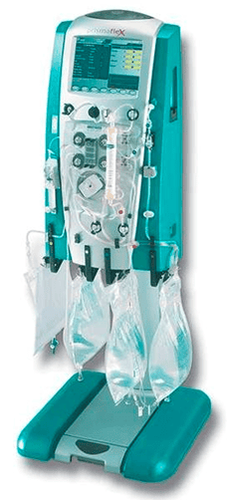
Before the procedure, the doctor recommends that you drink plenty of water a few days before the procedure. Patients should eat before performing the plasma exchange procedure. Since plasma exchange may affect circulating drug concentrations, patients should discuss with their physician for advice on the timing of dosing during the plasma exchange procedure.
3. Expected results during plasma exchange
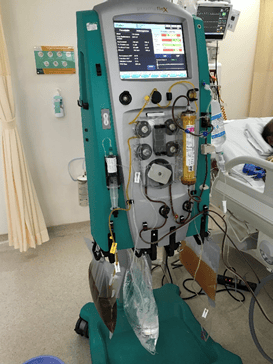
Plasma exchange is a safe procedure with few side effects. If a catheter (needle) is placed in a vein in your arm, you will be asked to hold and release your hand repeatedly to help promote blood flow. You may experience bruising or discomfort at the needle insertion sites. If a large catheter (needle) is placed in the thigh area close to the groin, you may be able to move gently during the plasma exchange.
The plasma exchange process usually takes 2 to 3 hours. You may experience mild numbness or tingling, nausea, or dizziness. Your doctor and nurse will be with you throughout the plasma exchange. You should inform the medical staff of any discomfort or symptoms that appear so that the doctor or nurse will take care of you during the plasma exchange.
After completing the plasma exchange you may feel tired for a few days. Doctors advise patients to rest and should have care from medical staff.
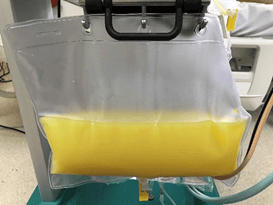
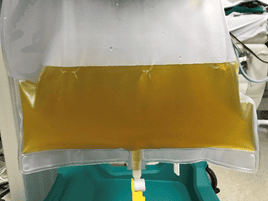
Vinmec Central Park International General Hospital applies plasma exchange technique with a success rate of up to 95%. The hospital uses the Prismaflex® plasma exchange system made by Doctor Khong Trong Thang and doctors in the Emergency Department.
Through partial removal of plasma, a large amount of autoantibodies, immune complexes, blood lipid components, toxins bound to plasma components are eliminated for therapeutic use. related diseases.
Please dial HOTLINE for more information or register for an appointment HERE. Download MyVinmec app to make appointments faster and to manage your bookings easily.





